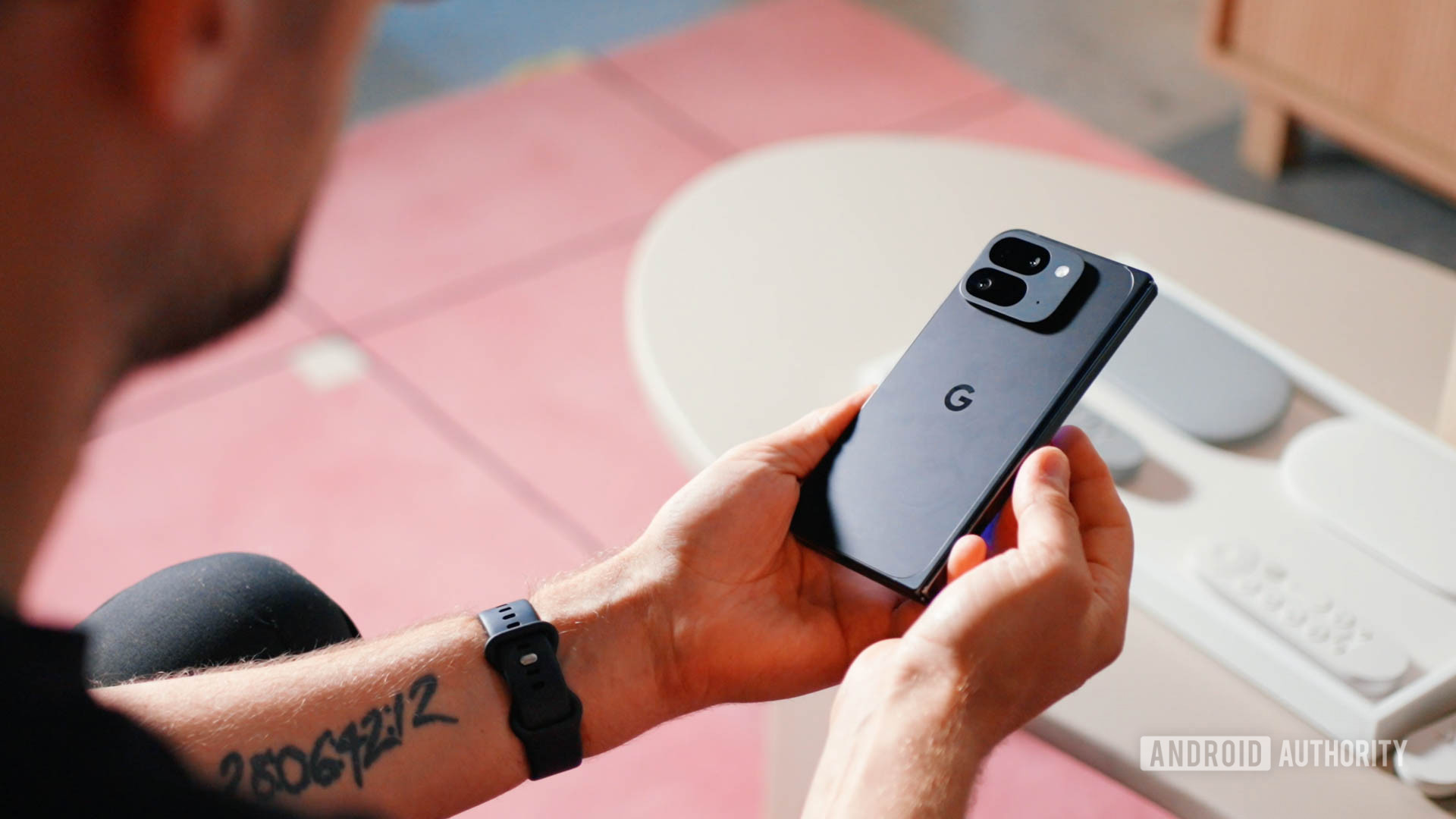Affiliate links on Android Authority may earn us a commission. Learn more.
You can already de-Google your new Pixel 9 with the help of Graphene OS
August 26, 2024

- The latest builds of Graphene OS are now available for non-folding Pixel 9 phones.
- The Google-free custom ROM is ready for interested users to install over the web.
For a lot of Pixel fans, half the appeal of owning a Google smartphone is having access to the company’s software and all that entails — early access to Android’s latest features, timely security updates, and even the option to beta test the next Android release months in advance. But Pixel phones are also incredibly flexible, and if you feel so inclined, they make a great platform for exploring some of Android’s alternative OS projects. It’s only been a few days since the Pixel 9 started arriving for shoppers who pre-ordered, and now they’ve already got a custom ROM waiting for them to check out, with the release of the first Pixel 9 Graphene OS builds.
Graphene OS offers almost the antithesis to Google’s Pixel experience, presenting users with a stripped-down, secure OS devoid of the usual Google apps and services. And if you do need to run some of those later, you’ve always got the option to set up Play Services in a fully sandboxed environment. That’s just part of the appeal of running a custom ROM like this, where you have fine-grained control over what software runs on your phone, and what kind of access it’s allowed to your data.
Do you install custom ROMs on Android phones?
As of this past weekend, Graphene OS officially supports the Pixel 9, Pixel 9 Pro, and Pixel 9 Pro XL — and all of these can be easily flashed through the project’s web-based installer (h/t to Reddit user armando_rod). But while Graphene OS does work with the original Pixel Fold, there’s not yet support for the new Pixel 9 Pro Fold.
Especially considering how tensions are a little high right now between the Graphene OS team and Google over apps running device integrity checks, it’s great to see work on bringing this software to the Pixel 9 family not unduly suffering as a result. This is an early release, so expect a few hiccups here and there, but nothing we’ve heard yet sounds too severe — the worst maybe being some intermittent Wi-Fi connectivity issues, but even those don’t seem to affect most users.
If you end up giving Graphene OS a try on your new Pixel 9, let us know what you think of the experience in the comments.
Thank you for being part of our community. Read our Comment Policy before posting.